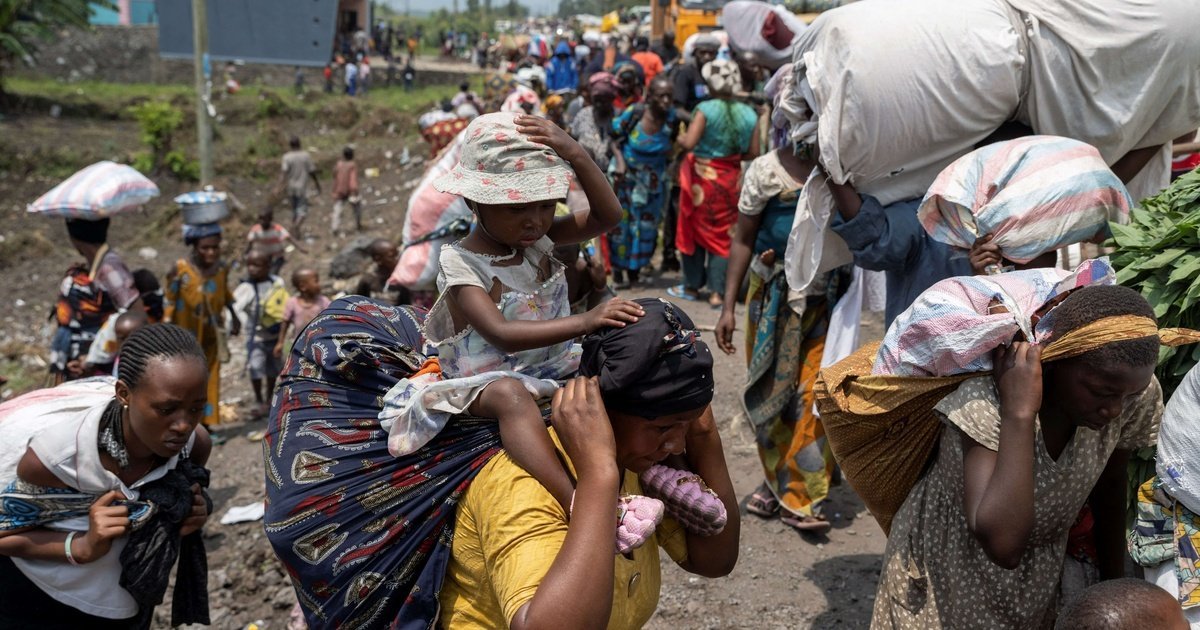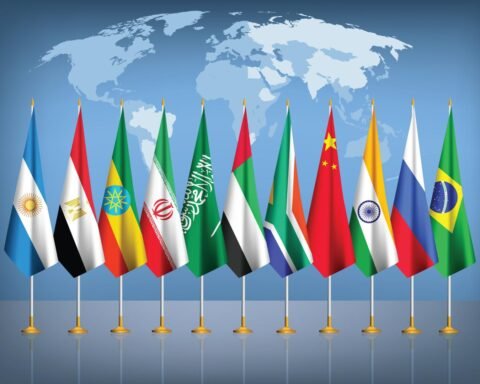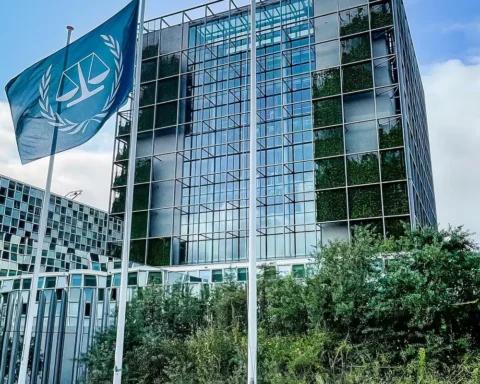Rwanda has raised new concerns that hopes for peace in the troubled eastern region of the Democratic Republic of the Congo (DRC) may be at risk of collapse.
Foreign Affairs Minister Olivier Nduhungirehe warned that the recent Washington Accord and the Doha Declaration—two agreements designed to end years of fighting—are now hanging in the balance because of what Kigali describes as delays and lack of commitment from Kinshasa.
The Washington Accord, signed in June 2025, was seen as a breakthrough moment. It called for cooperation between Rwanda and the DRC, troop withdrawals, and economic integration aimed at easing tensions. Soon after, the Doha Declaration followed in July, setting out principles for a ceasefire and plans for restoring government authority in rebel-controlled territories. Together, these agreements were meant to chart a new path forward after decades of conflict.
But according to Rwanda, progress has been frustratingly slow. Minister Nduhungirehe told reporters in Kigali that certain commitments—such as re-establishing government services in areas previously under rebel control and releasing some detainees—are still not being fulfilled. He stressed that without action, the deals could remain little more than signed documents.
Also Read; Netanyahu Warns Hamas Over Hostages’ Safety
These concerns come as the M23 movement, one of the most active rebel groups in the region, continues to hold several key areas in eastern Congo. The group has also voiced skepticism over the agreements, particularly regarding the speed at which the Congolese government is expected to re-assert control. Analysts warn that such hesitation could reignite tensions instead of calming them.
International partners, including the United States and Qatar, have pledged to oversee the agreements and encourage both sides to stick to their promises. Yet, history has shown that peace accords in the Great Lakes region often struggle to survive without firm timelines and trust-building measures. Past initiatives collapsed under the weight of broken promises and territorial disputes, leaving civilians to bear the brunt of renewed violence.
For many observers, the fate of these agreements goes beyond diplomacy. If fully implemented, they could offer communities a chance to rebuild, restore local economies, and create stability where conflict has long been the norm. But if they fail, the region risks sliding back into cycles of mistrust and warfare.







